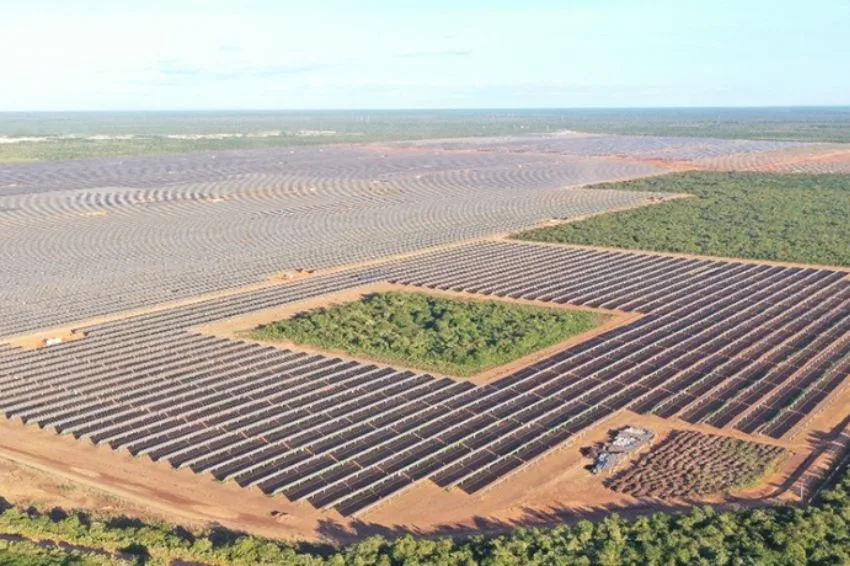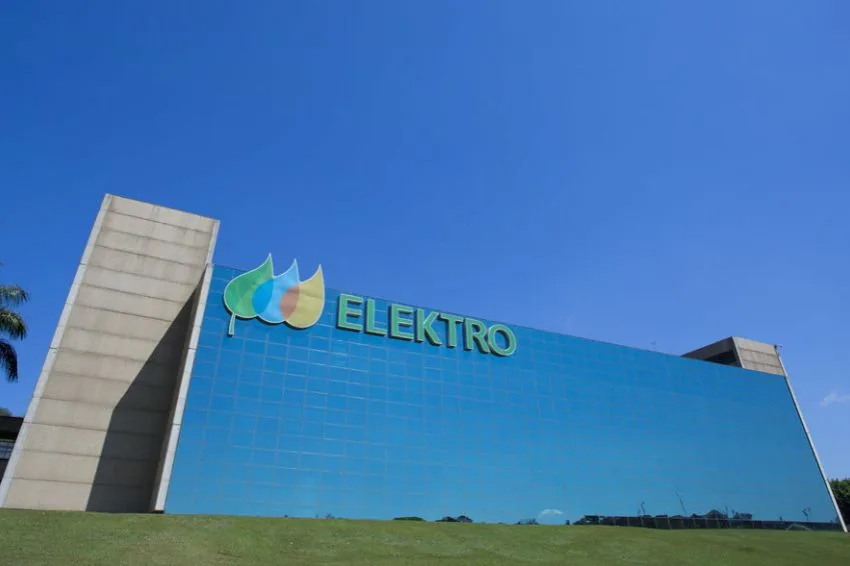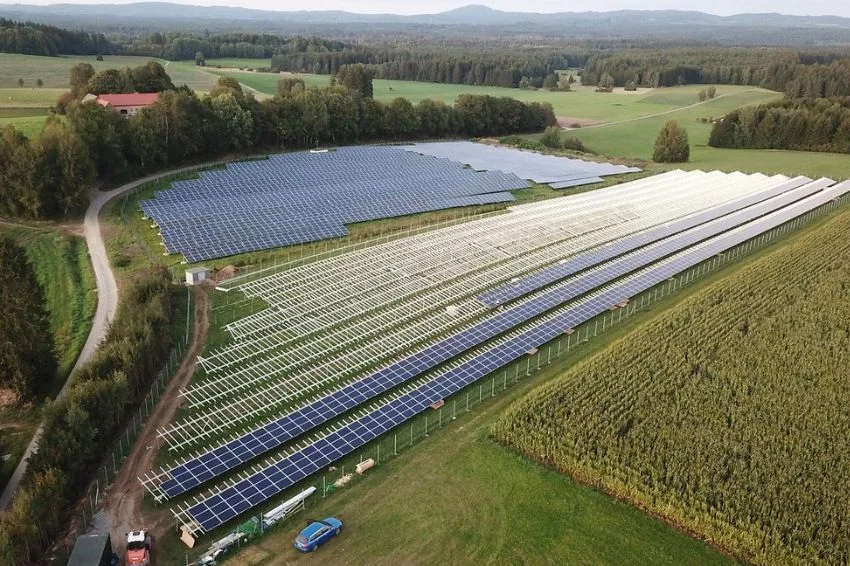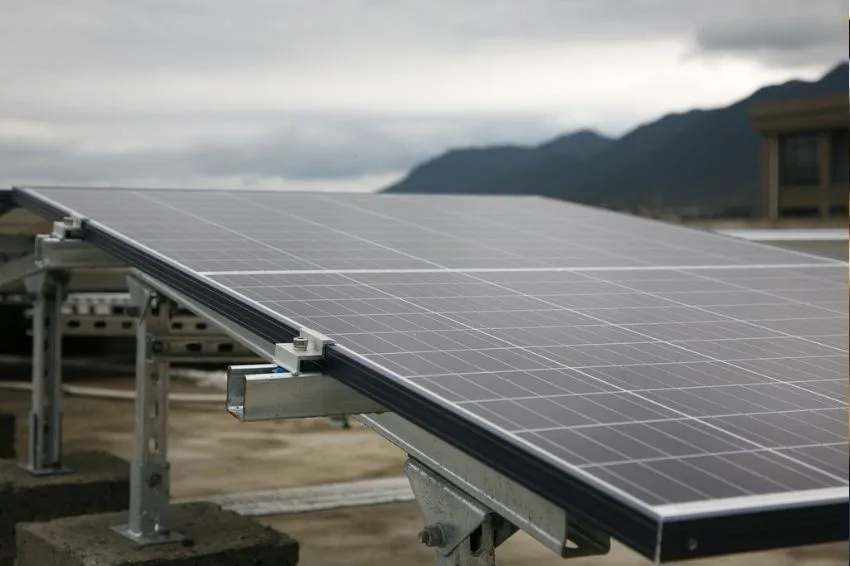This Tuesday (28), Itaipu Binacional paid off the last installments of the debt contracted for the construction of the hydroelectric plant, almost 50 years ago, and became an amortized company. The latest payments were destined to Eletrobras and BNDES (National Bank for Economic and Social Development) and total US$ 115 million.
The debt settlement was celebrated in an official ceremony in the plant's Production Building, with the presence of the Brazilian general directors of Itaipu, Anatalicio Risden Junior, and the Paraguayan general director, Manuel María Cáceres Cardozo, other directors and advisors of the company and authorities of both countries.
The Minister of Mines and Energy, Alexandre Silveira, recorded a video message. According to him, the settlement paves the way for the renegotiation of Annex C of the Itaipu treaty, which establishes the financial bases and provision of the plant's electricity services. Negotiations will involve the governments of Brazil and Paraguay and should begin in August this year.
“The review of Annex C will strengthen the bond of partnership between Brazilians and Paraguayans, with an increasingly clear look, not only at energy and commercial needs, but also at the best allocation of resources for the population that needs it so much”, said the minister.
The matter was also addressed by the Paraguayan director general, Manuel María Cáceres Cardozo. “We are ready for the next appointment. I believe that this (payment of the debt) gives peace of mind and greater freedom to review Annex C and other components of the treaty, in order to close the agreement in the coming years”, he stated, in an interview after the ceremony.
The Itaipu plant meets more than 13% of Brazilian electrical demand and 90% of Paraguayan electricity consumption in the last 10 years.
“In a context of growing concern about the impacts of human activities on the climate, the 2.9 billion megawatt-hours generated since the beginning of its operation represent an important contribution of clean energy to the planet.”, said the Ministry of Foreign Affairs in note.
Debt value
The total debt payment for the Itaipu hydroelectric project was US$63.5 billion, a resource used so that all the necessary infrastructure could get off the ground – including expropriation of land, construction of houses and payment of contractors. Of this total, US$35.6 billion was paid as repayment of loans and financing and US$27.9 billion as financial charges.
The binational itself was responsible for obtaining the loans, as set out in the Itaipu Treaty, signed in April 1973 and which celebrates its 50th anniversary this year. The resources received a guarantee from the Brazilian National Treasury.
Since then, more than 300 financing contracts have been signed, with around 70 Brazilian, Paraguayan and other nationalities creditors. Payments were made according to the contracted conditions – monthly, quarterly and semi-annual.
Itaipu's main financiers were Eletrobras, BNDES, Finame, Banco do Brasil and international financial institutions, such as Citibank, Dresdner Bank, Deutsche Bank, Swiss Bank Corporation and JPMorgan.
The governments of Brazil and Paraguay disbursed only the amount necessary to compose the company's share capital, US$ 100 million, half from each country.
In March 1985, almost a year after the first generating unit came into operation, Itaipu began to sell the energy produced and generate revenue.

















